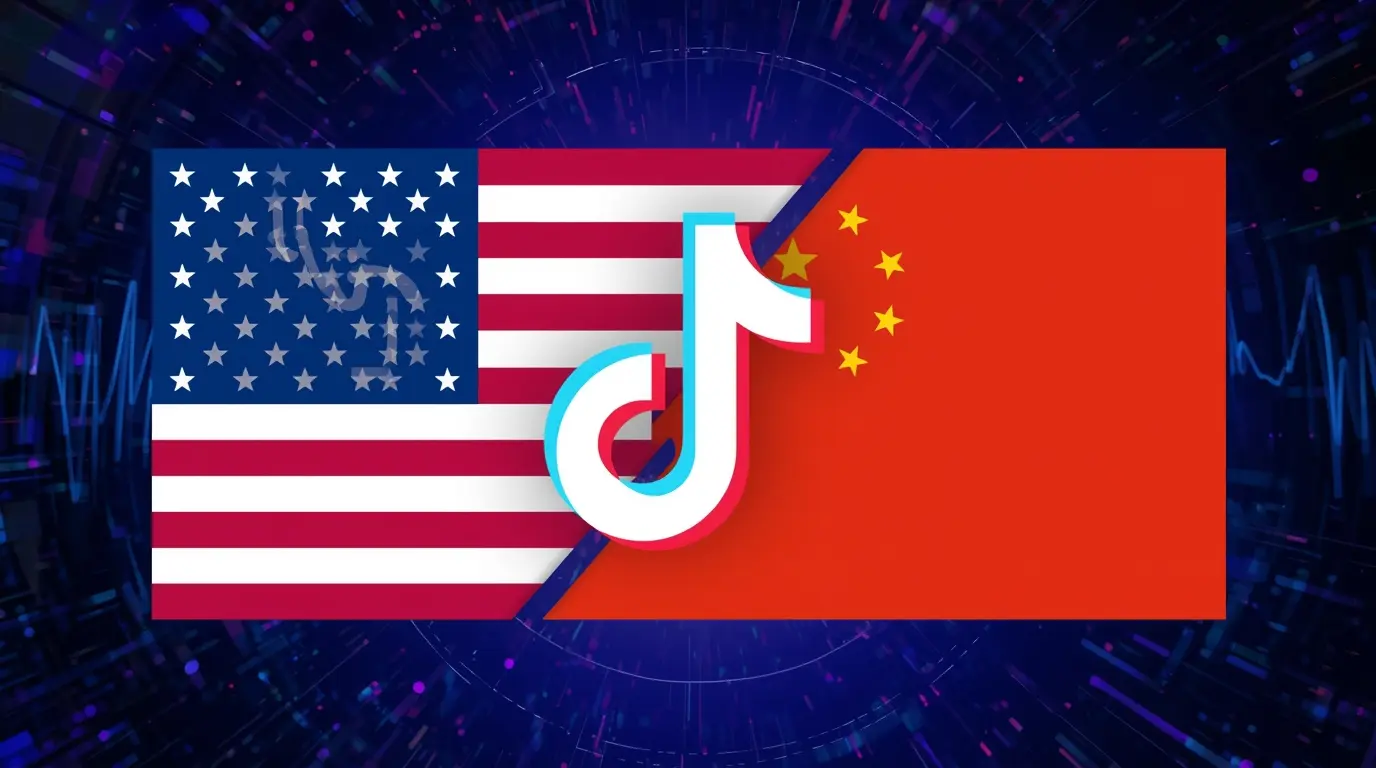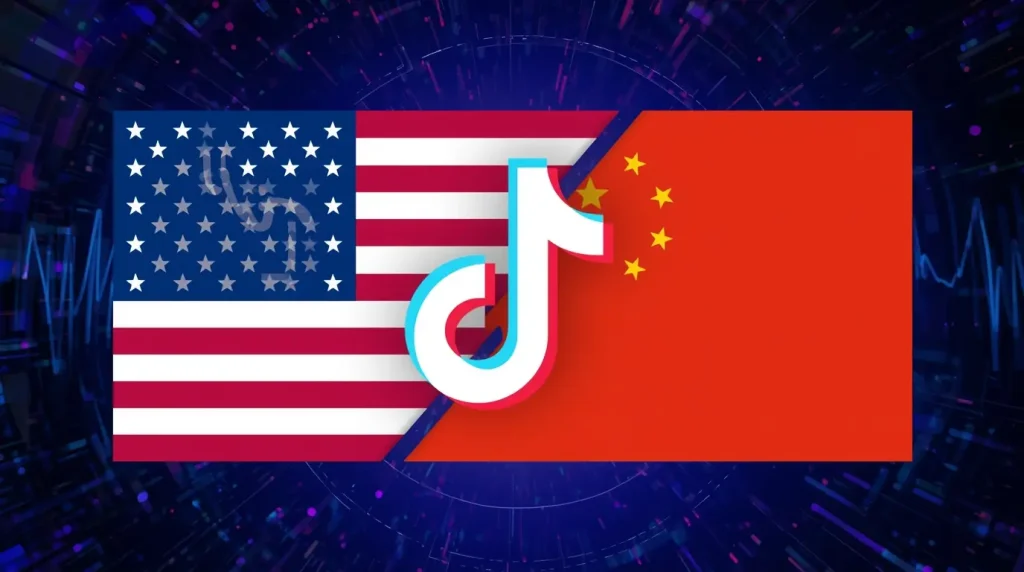
Trump Confirms TikTok Deal: What It Means for Social Media
In a landmark development for the social media landscape, President Donald Trump has confirmed that a deal to transfer the U.S. operations of TikTok to a group of American investors is complete. This decision not only averts a potential ban on the app in the U.S. but also redefines how social media companies with foreign ties will be allowed to operate in the future.
Background: Why Was TikTok Under Scrutiny?
For years, U.S. lawmakers and officials have voiced concerns over TikTok, owned by Chinese tech giant ByteDance. The central issue? National security. With an estimated 170 million American users, TikTok’s access to sensitive personal data raised alarms in Washington. Lawmakers feared that Beijing could compel ByteDance to share user data or manipulate content, making social media platforms like TikTok potential tools of foreign influence.
Although TikTok and ByteDance repeatedly denied these claims, insisting that American user data was secure, the U.S. government wasn’t convinced.
The Legal Journey: From Ban to Buyout
In April 2024, then-President Joe Biden signed a law requiring ByteDance to either sell TikTok to an approved U.S. buyer or face a nationwide ban. TikTok fought back, calling the law “unconstitutional” and a threat to free speech. It launched legal challenges, but none succeeded.
With Trump taking office in January 2025, the timeline was extended multiple times to allow for negotiations. Now, with the executive order signed, the deal has Trump’s blessing—and, reportedly, China’s too.
What’s in the TikTok Deal?
According to President Trump and Vice President JD Vance, a consortium of U.S. investors will take control of TikTok’s U.S. operations, creating a new American-based social media company. Valued at $14 billion, the new entity will have a board composed of six American directors out of seven total seats—ensuring majority U.S. control.
Key players named in the deal include:
- Oracle (cloud tech provider)
- Larry Ellison (Oracle’s chairman and Trump ally)
- Rupert Murdoch (Fox Corporation)
- Michael Dell (Dell Technologies)
- Silver Lake (private equity firm, also invested in Manchester City FC)
These investors will control the algorithm that powers TikTok’s U.S. feed—the engine behind the app’s ability to deliver hyper-personalized content. Importantly, this algorithm will be “retrained” on U.S. user data, according to the executive order.
Oracle will continue hosting U.S. user data on its servers, and “trusted security partners” will monitor data flows and software updates to ensure compliance with U.S. law.
The Algorithm: TikTok’s Crown Jewel
The algorithm is the beating heart of TikTok and the reason behind its massive success on the social media stage. It dictates what videos users see, keeps them engaged, and drives content virality.
Under this new arrangement, the American version of the app will use a modified algorithm based on the current one but customized and retrained with American user data only. This means users could potentially experience a slightly different feed, depending on how effective the retrained algorithm proves to be.
As Kelsey Chickering from Forrester notes, “The jury’s out on whether this new, US-only app will be a true replicate of the old one, with just as powerful of an algorithm and experience.”
What Has China Said About the Deal?
President Trump claims that Chinese President Xi Jinping gave his approval for the deal during a phone call on September 19th. While this hasn’t been publicly confirmed by Chinese authorities, a guarded statement from Beijing suggests conditional support.
The Chinese government emphasized its commitment to letting companies conduct negotiations “in accordance with market rules”, while also signaling the need for an export license for TikTok’s algorithm—a clear indicator of how valuable the algorithm is to China’s tech strategy.
Analysts widely believe that ByteDance would never part with TikTok’s algorithm without China’s explicit green light.
What Does This Mean for TikTok Users in the US?
For U.S. users, especially creators who make their livelihood on the platform, this deal is a lifeline. With the app drawing an average of 51 minutes of daily screen time per user in 2024, a sudden ban would have impacted millions.
Earlier this year, TikTok mobilized its U.S. users to protest against the ban, urging them to contact lawmakers. While some legislators saw this as further proof of TikTok’s influence, it showcased just how deeply embedded the app is in American social media culture.
Still, there are questions:
- Will users notice a difference in content quality?
- Can a retrained algorithm maintain the same user experience?
- Will creators stay loyal or shift to rivals like Instagram Reels, YouTube Shorts, or RedNote?
The future remains uncertain, but at least TikTok’s U.S. presence is no longer under immediate threat.
What’s in it for China?
Although the new U.S. entity will be majority American-owned, ByteDance will retain under 20% ownership—an arrangement that ensures China doesn’t lose all influence.
By retaining a minority stake and ensuring their algorithm is only used under license, China protects its intellectual property while appeasing Western regulators. It’s a strategic compromise that allows China to maintain face and influence in global social media without appearing to give in entirely to foreign pressure.
A New Era of Social Media Regulation?
The TikTok deal sets a precedent for how foreign-owned social media platforms might be required to operate in the U.S. and other countries. It also reflects growing global concerns about data sovereignty and digital influence.
The U.S. now seems committed to ensuring that platforms with major domestic influence are subject to national oversight, particularly in matters of data, algorithms, and content moderation.
This could affect not just TikTok, but any foreign social media platform looking to enter or operate in Western markets.

Closing Thoughts: The Social Media Landscape is Shifting
With this deal, Trump has effectively reshaped the rules for social media ownership and operation in the U.S. What began as a national security debate has transformed into a broader discussion about control, transparency, and digital sovereignty.
While the new U.S.-controlled TikTok might not look or feel dramatically different—at least not right away—the implications of this deal will ripple across the social media industry for years to come.
For creators, users, and investors alike, the message is clear: social media is no longer just a digital playground—it’s a geopolitical battleground.
Read More Articles: bizrush.co
Reference Website: https://www.bbc.com/news/articles/clyng762q4eo




